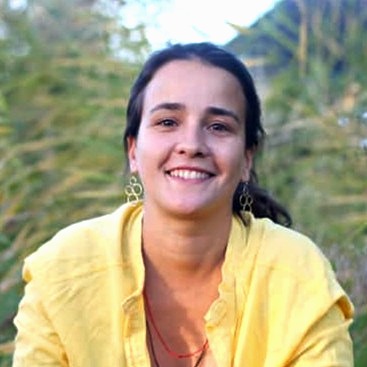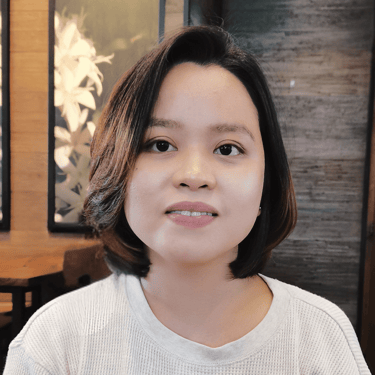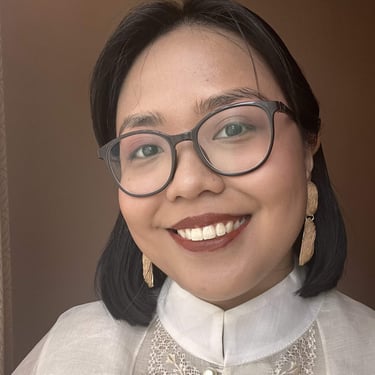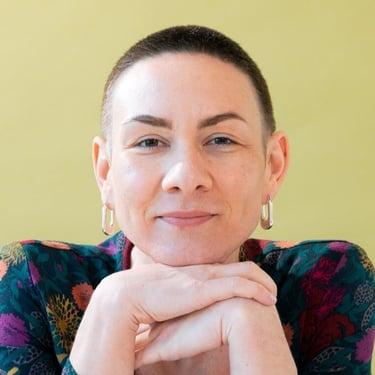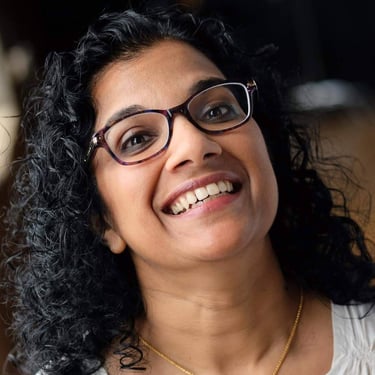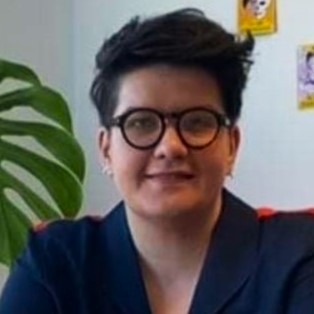


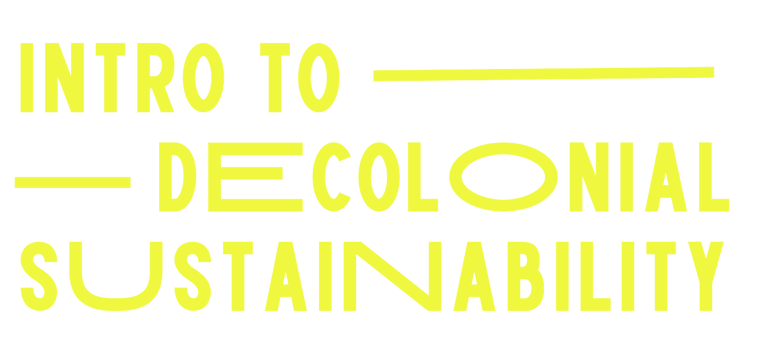

This is an introductory course for professionals on the contribution of globalised industry to systemic oppression, centring on the relationship between the Global North and the Global South through industry operations.
COURSE FOR PROFESSIONALS
We begin by acknowledging that the dominant "sustainability" and "regeneration" discourses and methodologies we have today arise from a modern colonial narrative. We identify this as a mechanism of the One World, seeking a single story of progress, development and success, to trap us all into the certain death of incrementalisation through a narrow kaleidoscope of carbon-centric thinking. Net-zero systemic injustice. Eurocentric regeneration discourse further normalises the appropriation of indigenous knowledges, thereby trapping us all into repeating the same rhythms of extraction and dispossession.
This course does not seek to present a clear linear framework to decolonise corporate sustainability, or the masses of sustainability professionals in the corporate world. It rather seeks to create space to consider some unknown unknowns within Sustainability, Inc. - corporate sustainability, associated areas of academia, environmental activism - through understanding more clearly our long pasts and complex, confused contexts.
We create safe uncomfortable space for exploration of our own cultural evolution, and together find patterns within our current systems where the perspectives, narratives and behaviours that brought us here remain powerful and unchanged, even within the popular field that seeks to put humanity on a different course.
This course delivers a clear holistic perspective of globalised corporatisation, supply chains and their systemic impacts. Course content reframes our problematic economic paradigm from Global South perspectives and experiences. Through facilitated explorations, this course enables participants to connect the dots within their sectors and look with fresh, purposeful eyes at what systems change might feel like through us as collaborative individuals.


COURSE FOR PROFESSIONALS
Intro to Decolonial Sustainability is five months long, comprising of course content, curated library, live sessions, peer group activities, fortnightly exercises and mid-course and end-of-course projects.
Course facilitators host a unique and strictly decolonial space based upon their lived Global South experiences.

Learning Outcomes
deep understanding of globalised industrial capitalism and its effects on the Global South
greatly improved ability to dance between existentially conflicting perspectives and narratives
a practical understanding of decolonisation and its value in planetary regeneration
development and improvement of self-learning and co-learning skills, approaches and methods
improved clarity on how to embed perspectives and inquiries around decolonial sustainability in your work
increased capacity and creativity to innovate for systemic justice
new purpose within your sector aligned towards building a just world where "development" is self-determined
Course Programme
PLANETARY SYSTEMS COLLAPSE
Reframing systems of human relationships to the Sixth Mass Extinction, and societal collapse as collateral damage, centring upon ongoing Global South experiences of collapse
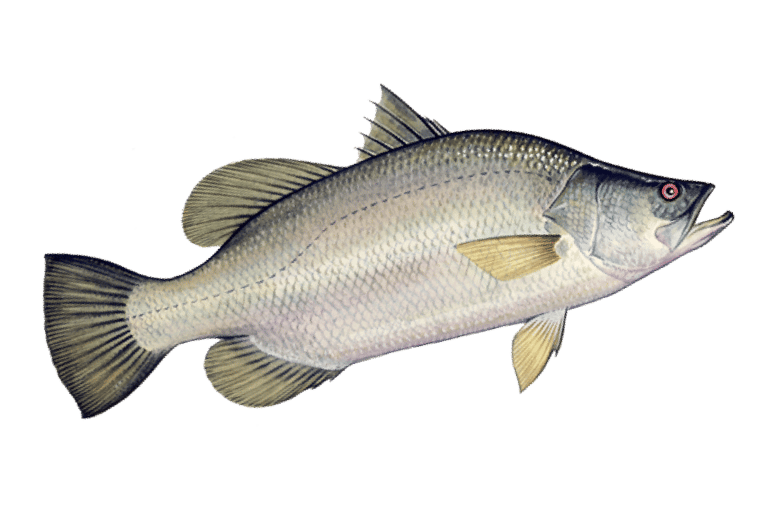



Five overarching themes make up the course programme, designed to enable participants to view the activities of public and private enterprises from the perspectives of humanity's long pasts and ecology's stubborn silence.
STORIES OF THE GLOBAL SOUTH
General state of the planet
What are the dominant stories that have gotten us here?
The long view of power
NARRATIVES LOUD AND QUIET
The power of stories vs. the stories of power
Mechanisms of silence and denial
Worldviews: dominant vs. alternatives
INTERROGATING SUSTAINABILITY, INC.
Critical assessment of global and corporate sustainability frameworks and institutions
Mapping and analysing colonial narratives and approaches on individual and institutional levels
OUR ROLES AT THE END OF THE WORLD
Seeing new paths for "sustainability" and "regeneration"
What are our individual and collective roles?
Practical decolonisation

Course Dates
DecSust26
17/18 January to 20/21 June 2026 (5 months)
This spans various working "seasons" in different sectors, including quarterly reporting periods, intending to spark important embedded co-learning opportunities. Regular course schedules continue during holiday seasons to encourage participants to use the mindspace to explore more deeply.
Size of cohort
Maximum of 100 places in each cohort, offered to successfully vetted professionals in climate science, sustainability, innovation, communications, business development, academia and activism.
Peer groups of 3-6 people will be organised by time zone and sector.
For Live Sessions, two time zones are offered.
Live Sessions
The five-month course includes
twelve two-hour live sessions, with two cohorts in two time zones: Afro-Eurasia and Pacific.
Our live sessions are designed as facilitated discussions and explorations based on self-led homework (including reviewing pre-recorded content).
Please check the session times via the hyperlinks below.
Pacific Friday/Saturday live sessions
Twelve two-hour sessions at
9am Papua New Guinea time fortnightly.
Self-led homework
This is the bulk of the course.
Course participants are required to prepare for live sessions by watching pre-recorded content (course videos not exceeding 120min fortnightly, plus additional reference resources), and bringing reflections to live sessions for interactive discussion.
Follow-up co-learning may include exploring together suggested readings, conducting and sharing own research, developing and designing interventions within your peer group, work organisation or in your sector.
Coursework is due just prior to Sessions 5 and 12.
Peer group explorations
Co-learning is designed via Microsolidarity-based relationships. Self-organised peer group meets between live sessions engage course participants to work through group exercises and support each other in navigating difficulty, challenge and discomfort.
Is this course for you?
We're serious about this course being an exploration of provocative ideas and different ways of being.
This course utilises an open, exploratory teaching and learning style that might feel at first detached and uncomfortable for those who are conditioned into a prescriptive educational approach. We will help participants adjust where needed.
By registering for this course, you are agreeing to reflect on and question your reactions, opinions, and attachments - we are asking you to explore some of this individually and with others, within the safe uncomfortable spaces we facilitate for this purpose.
What is decolonisation?
Decolonisation is the dismantling of colonialism, coloniality and colonisation in thought, behaviours, cultures and systems.
It requires, as a very basic prerequisite, a willingness to build a robust understanding of coloniality in different contexts, and to hone a critical perspective towards colonial violence and oppression.
That is what this course is about.
Decolonial sustainability does not appropriate indigenous knowledges or cultures by offering "indigenous wisdom" to Sustainability, Inc.
This course is for you if...
you are seeking professional development for radical justice
you want to intentionally create space in your life for understanding systemic privilege and systemic oppression (e.g. to emotionally address the deafening emptiness and detachment of the comfort and privilege you experience in your career)
you are willing to decenter yourself, commit to listening to silenced, oppressed perspectives and potentially change the way you work
This course is not for you if...
you are not prepared to question the dominant models of business we operate within today
you don't feel there is anything deeply wrong with your life or its place in global systems of politics or resource governance
you wholeheartedly subscribe to dominant or mainstream sustainability narratives (e.g. UN SDGs, carbon emissions, etc.) and don’t wish to critique them
you want to listen to indigenous voices and traditional wisdom to improve dominant systems
you’re uncomfortable with discomfort,
and feel challenged by challenge




Afro-Eurasia Sunday live sessions
Twelve two-hour sessions at
10pm Papua New Guinea time fortnightly.
Individual coaching
One-to-one sessions with our guest coaches are available as an ad-hoc add-on to provide additional support where participants themselves deem necessary.
Guest-coaching fees are additional to the course fees, and are to be paid during guest-coaching session bookings. Sessions should be booked at least one week in advance.

Bistra Kumbaroska
larger.world
Genica Bucao Designing Collective Care Systems
Lavinia
Coach
The Crisps -
Greenwashing
Vidhya
Coach
Collective Knowledge Works
Samantha
Course admin, designer & facilitator
Luiza
Quest designer & facilitator
Anna
Course designer & facilitator
Christina
Course designer, & researcher
Course Facilitators
Designers, facilitators and coaches of Intro to Decolonial Sustainability are independent professionals, with no affiliations to hegemonic, white supremacist institutions such as Western think tanks or colonial "global" institutions like the World Bank IMF or the United Nations ecosystem of agencies.
This course is designed with decolonial Global South perspectives and approaches, rejecting colonial teaching and learning conventions.

Course Registration
Eligible registrants will receive an offer email with an invoice. We accept payment in USD, CAD, GBP, EUR, AUD and more - payments may be made via card or bank transfer.
Course fees include a sizeable contribution to our Global South urban poor, peasant and indigenous partners as indirect course teachers and guest speakers. At least 26% of course revenues are allocated for this purpose. Our partner projects and organisations are Cambodia-based Samaki School, the Papuan decolonial movement, Philippines-based Southies Strays, and other organisations and individuals advancing decolonisation in the Global South, some of whom have contributed directly to course content.
Middle-class and/or underprivileged Global South folk in the Global South may be eligible for partial or full scholarship. No scholarships are offered to folk in the Global North who are not underprivileged refugees or asylum seekers. Inappropriate scholarship requests will result in registrants being blocked permanently from interacting with POSSIBLE FUTURES.
Similarly, we welcome any additional contributions e.g. to fund our scholarship spots and/or any additional contributions to our indigenous partners. Please indicate in the registration form where appropriate.
Registration for the next cohorts, DecSust27, will open in April 2026.
All registrants are assessed for eligibility by course facilitators. Eligibility criteria are described above, in the sections “This course is (not) for you if…”. Only eligible registrants are offered places on the course.
A registration fee of EUR 100 is collected during registration. We are collecting this fee at this stage to reduce the number of unserious registrants.
If you are found to be eligible for the course, the registration fee you had paid will be deducted from your course fees. This will be reflected in your course fee invoice.
If you are found to be ineligible for the course, you would receive a EUR 100 credit to join any of our other engagements, such as Decolonise to Regenerate or Mechanisms of Ongoing Colonisation.
Two questions in the registration form require responses of at least 100 words. This requirement is specified in the question itself. Your registration and registration fee may be forfeit without further notice if this requirement is not met.
Registrants with a long track record or are currently actively engaging within international aid and development should expect additional registration requirements including an exercise comprising of research and an 8-min video essay. No scholarships are granted to development professionals.
Course Fees
The course requires 5-10h engagement per week for 24 weeks. That's just EUR 9-18 per hour.
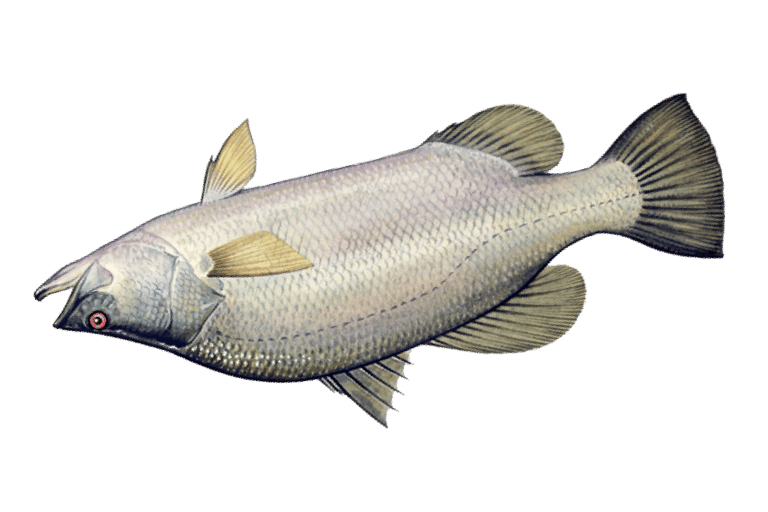

Payment by bank transfer (where available) incurs an additional 0.6% via Wise, while Stripe card payment fees would add 6%. We do not currently accept payment by installment.
If your employer/organisation is covering your course fees,
EUR 2,200
or equivalent in supported currencies at time of invoicing, payable by 1st December 2025.
Currency converter
If you are covering course fees as an individual,
EUR 1,800
or equivalent in supported currencies at time of invoicing, payable by 8th December 2025.
Currency converter

Key Dates
Registration is currently open.
Registration closes 8pm Papua New Guinea time on 20th November 2025.
We will confirm via email that we have received your registration. We are reviewing registrations regularly and aim to get back to you within 6 weeks.
Offers and invoices will be sent out to those who have been accepted into the course by 22nd November if your employer/organisation is covering yourse fees, and 26th November if you are covering course fees as an individual.
Course begins 17/18th January 2026.
Direct any inquiries to infinite@possiblefutures.earth.
Course Testimonials
"Intro to Decolonial Sustainability was an unsettling but rewarding course that highlights the need to centre Global South voices and nature and to do the continuous work for actual sustainability, instead of the watered down version that we have become accustomed to. A must for all those who are in corporate sustainability, philanthropy, international development and social impact."
- Anonymous pilot course participant




